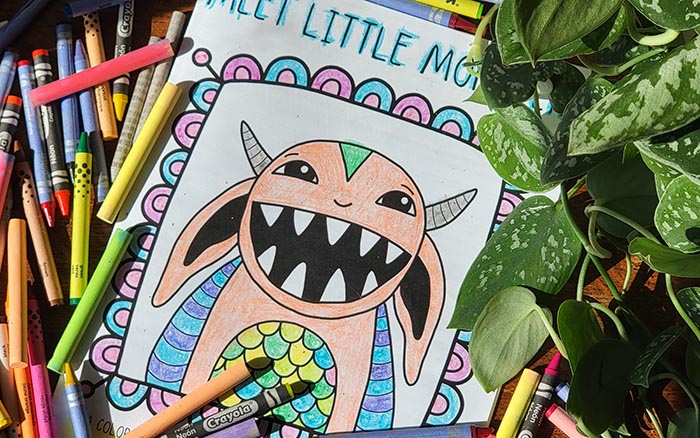How to Talk to Your Child About Their Mental Health
Talking with your child about emotional topics, such as their mental health, can feel uncomfortable. This can be due to the stigma involved, lack of information, or even fears of possible blame.
It may seem much easier to talk about other medical problems, such as food allergies, asthma, or diabetes. That can be because there is typically more information available about those conditions, they are easy to diagnosis with medical tests, and people seldom think they are anyone’s fault.


Find local support
Connect with a NAMI chapter near you
Select your state to find a local NAMI affiliate. The page will redirect to the affiliate's page when a state is selected.

In need of help or support?
If you are struggling with your mental health, there are a variety of ways to connect with NAMI. Get immediate support by calling, texting or emailing.
Too frequently, people blame mental health challenges on the person experiencing them by saying they aren’t trying hard enough, they are doing something wrong, or they are exaggerating or making things up.
Openly talking to your children about mental health is a great way to help decrease this stigma. It can be tough to know how to start the conversation — check out the NAMI resources below to help!
“Meet Little Monster” Coloring & Activity Book—Available in 6 languages!

To help foster dialogue between children and the safe adults in their lives, as well as provide children a tool for helping express and explore their feelings in a fun, creative and empowering way, NAMI offers “Meet Little Monster,” a mental health coloring and activity book, available for download at no-cost.
Created by NAMI Washington, “Meet Little Monster” was developed in response to both the COVID-19 pandemic, when children were suddenly cut off from their friends, teachers, coaches, club leaders and school counselors, and the Black Lives Matter protests for racial justice after the murder of George Floyd. The book also includes a list of mental health resources.
Click below to download the “Meet Little Monster” Coloring & Activity Book PDF file in the language of your choice.
10 Questions on a Tuesday—Available in English and Spanish!
An activity guide for parents and guardians to discuss mental health and well-being with their children in the home and develop supportive practical strategies.

10 Questions on a Tuesday
English (PDF 176 KB)

10 Preguntas Para un Martes
Español (PDF 179 KB)

We want to hear your story
Tell us how mental illness has affected your life. What has been challenging? What has been helpful to you?

Looking for More Resources?
For more mental health resources and ways to start the conversation around mental health with your child, visit our Youth and Young Adult resource page.

